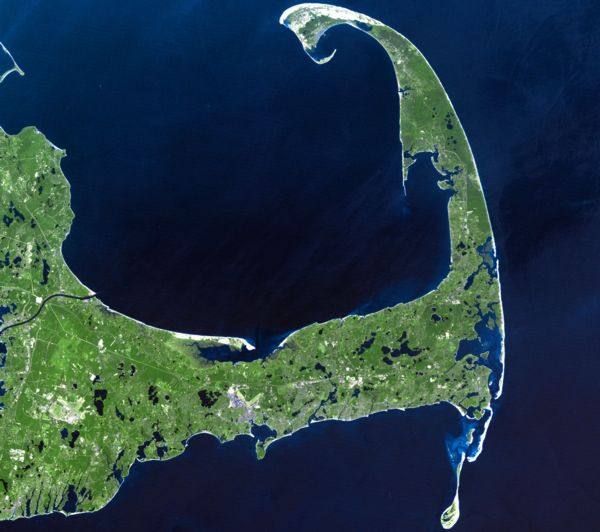A Breakdown of Cape Cod Property Taxes in 2018
See the updated 2020 Cape Cod Property Tax Rates Here.
When it comes to property taxes, no one knows more about high rates than Cape Cod residents. Right off the Sagamore Bridge in Sandwich, the residential tax rate is the highest on the Cape at $14.29 per $1,000 of assessed property value. If you think that number is high, you are right. In addition, the average cost of living in Barnstable County is 41% higher than the national average and 2% higher than the state average; yikes! However, there is no room to assume that all towns across the Cape have the same high tax rates. Here is a breakdown of property taxes for fiscal year 2018:
- Barnstable $9.61
- Bourne $10.54
- Brewster $8.26
- Chatham $4.87
- Dennis $6.34
- Eastham $8.35
- Falmouth $8.60
- Harwich $8.80
- Mashpee $8.92
- Orleans $6.63
- Provincetown $7.45
- Sandwich $14.29
- Truro $7.37
- Wellfleet $7.18
- Yarmouth $10.29
Keep in mind that there are a few things you can do to help yourself. Here are a few tips to reduce your property taxes, but it will not be easy:
- Request and study your property tax card. You can go to your town hall and request a copy of this card, which will include information about your home. Available information includes the lot size, improvements that have been made over the years, and any special features found on the property. Study the information and make sure to look for discrepancies. Mistakes are common and if you find any, the town must compensate you.
- Catch and correct mistakes on your annual tax assessment. Home prices are constantly fluctuating, so you may have a chance to lower your property tax bills by filing a tax appeal. If the assessment says your home is worth more than it appraises, make certain you challenge the tax assessment. This trick is particularly useful if the Cape ever goes through a period of declining property values.
- Make sure your add-ons are worth the costs. Any new addition that is a permanent structure, such as a new deck, room, or swimming pool, will increase your property’s value and, therefore, the tax. Before you add anything on to your home, do some research to see if the increase in property tax over time is worth it.
- Know your neighbors. Finding out what others in your neighborhood pay in property tax can help you reduce your own. If you have a single car garage and a three bedroom home, and your neighbor has a two car garage and a five bedroom home, your home should be assessed at a lower value. If not, you should consider getting a reassessment while bringing this information to town hall because you are definitely paying too much.
- Walk your home with the assessor. You know what is wrong with your home. You know the age of your appliances and if the shingles on your roof need to be replaced. Sometimes, however, assessors only see the things they like and gloss over the things that need improvement. The last thing you want is the assessor determining the value your home without you, so take the assessor on a tour and show him or her the things that are wrong.
While there aren’t any guarantees that you’ll be able to reduce your property taxes this year, it’s worth a shot if you feel as though you’re paying far too much. The median value of a single-family home on Cape Cod is $423,400 and predicted to increase by another 6.8% in the coming year, so if there’s anything you can do to reduce your annual costs, now is a good time to do so.
